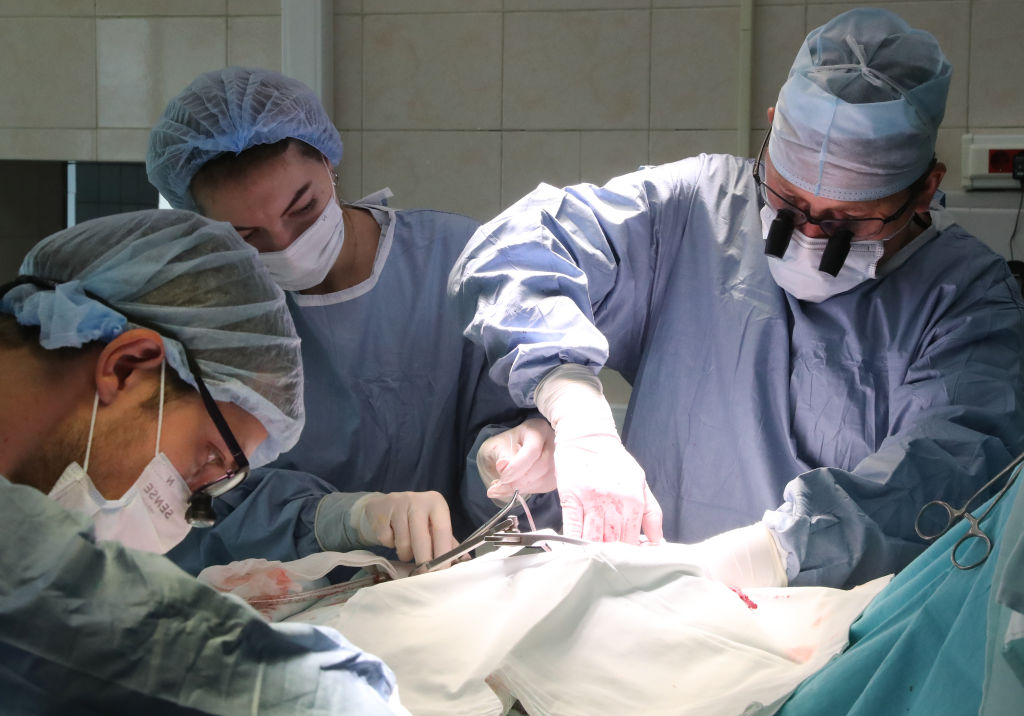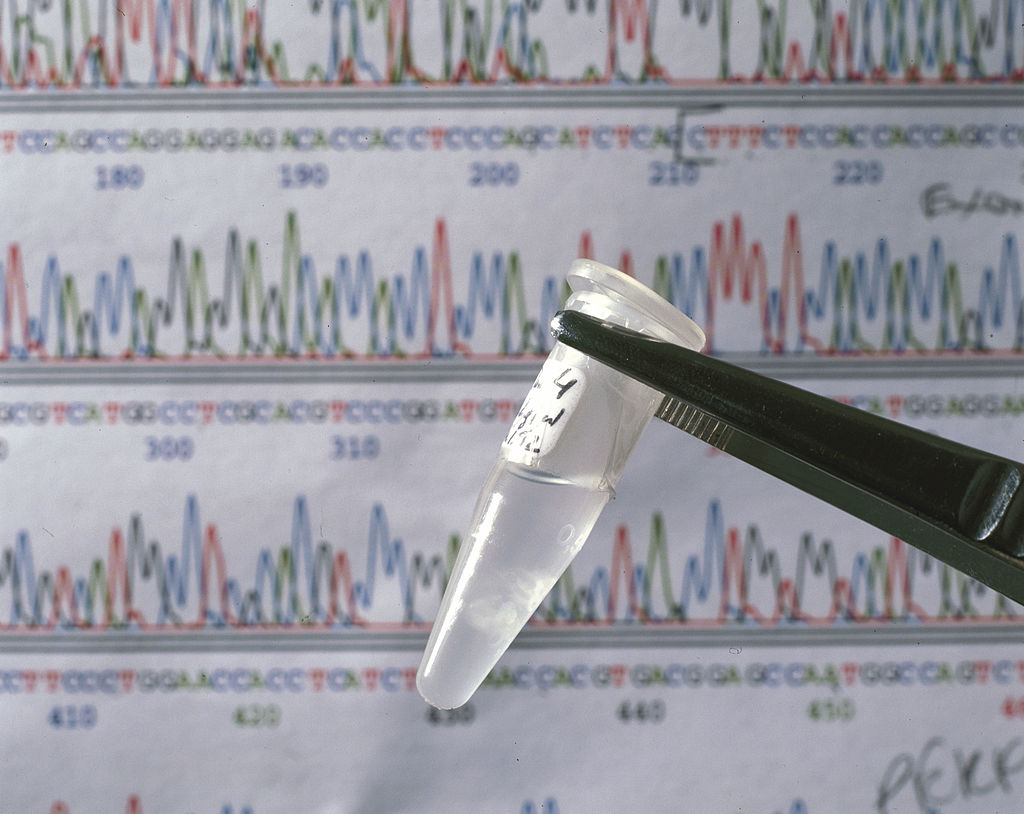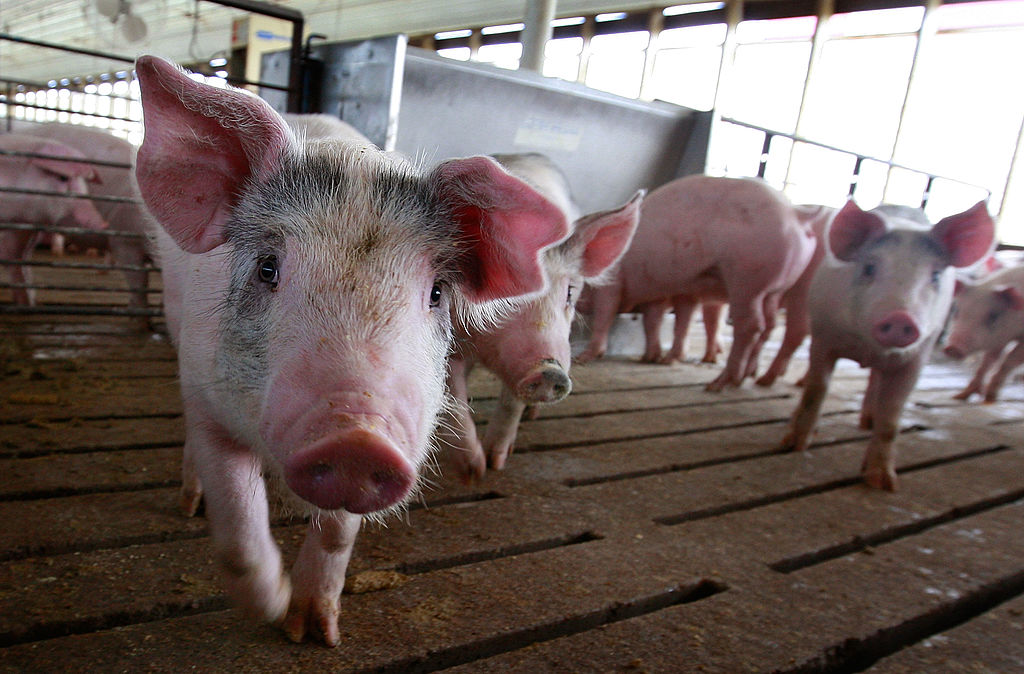-
Animals
- All About Aardvarks – Lesson
- All About Aardvarks – Quiz
- Babirusa – What a Pig! – Lesson
- Babirusa – What a Pig! – Quiz
- The Chimpanzee – The Nearly Human Primate – Lesson
- The Chimpanzee – The Nearly Human Primate – Quiz
- The Donkey – The Intelligent Yet Stubborn Animal – Lesson
- The Donkey – The Intelligent Yet Stubborn Animal – Quiz
- Electric Eels – Shocking Details – Lesson
- Electric Eels – Shocking Details – Quiz
- Ferrets – Playful, Fun-Loving Animals – Lesson
- Ferrets – Playful, Fun-Loving Animals – Quiz
- Giraffe – The Tallest Living Land Animal – Lesson
- Giraffe – The Tallest Living Land Animal – Quiz
- The Hedgehog – Lesson
- The Hedgehog – Quiz
- Iguanas – The “Chickens of the Tree” – Lesson
- Iguanas – The “Chickens of the Tree” – Quiz
- Jaguar – The Largest Cat on the American Continent – Lesson
- Jaguar – The Largest Cat on the American Continent – Quiz
-
Space and Astronomy
- Mars: Just the Beginning? – Lesson
- Mars: Just the Beginning? – Quiz
- Six Billion ‘Earth-like’ Planets in the Milky Way Galaxy? – Lesson
- Six Billion ‘Earth-like’ Planets in the Milky Way Galaxy? – Quiz
- Did NASA Scientists Find Another Universe? – Lesson
- Did NASA Scientists Find Another Universe? – Quiz
- A New Planet Was Discovered – And Old Theories Must Change – Lesson
- A New Planet Was Discovered – And Old Theories Must Change – Quiz
- SpaceX Completes First Civilian Trip to Space – Lesson
- SpaceX Completes First Civilian Trip to Space – Quiz
- First Movie Filmed in Space Successful – Lesson
- First Movie Filmed in Space Successful – Quiz
- James Webb Telescope Heads to Deep Space – Lesson
- James Webb Telescope Heads to Deep Space – Quiz
- A Lot Is Happening on and Around the Moon – Lesson
- A Lot Is Happening on and Around the Moon – Quiz
- First-Ever Picture Taken of the Milky Way’s Black Hole – Lesson
- First-Ever Picture Taken of the Milky Way’s Black Hole – Quiz
- First James Webb Telescope Images Revealed – Lesson
- First James Webb Telescope Images Revealed – Quiz
- Buzz Aldrin Sells Jacket from the Moon Landing – Lesson
- Buzz Aldrin Sells Jacket from the Moon Landing – Quiz
- Humans at Home on the Moon – Could It Really Happen in This Decade? – Lesson
- Humans at Home on the Moon – Could It Really Happen in This Decade? – Quiz
- Winter on Mars – Lesson
- Winter on Mars – Quiz
- Pictures of Mars Show Hidden Figures – Lesson
- Pictures of Mars Show Hidden Figures – Quiz
- Jupiter and Venus Appear to ‘Kiss’ – Lesson
- Jupiter and Venus Appear to ‘Kiss’ – Quiz
- The James Webb Telescope Finds Six Ancient Galaxies – Lesson
- The James Webb Telescope Finds Six Ancient Galaxies – Quiz
- Would an EpiPen Work in Space? – Lesson
- Would an EpiPen Work in Space? – Quiz
- Satellite Spots Earth’s Second Moon? – Lesson
- Satellite Spots Earth’s Second Moon? – Quiz
- Space Mining – The Race is On and China is Leading – Lesson
- Space Mining – The Race is On and China is Leading – Quiz
- How Did Gold and Platinum Arrive on Earth – Lesson
- How Did Gold and Platinum Arrive on Earth – Quiz
- Odysseus Has Found Its New Home – Lesson
- Odysseus Has Found Its New Home – Quiz
-
The Environment
- Red Tide: No Fun in the Florida Sun – Lesson
- Red Tide: No Fun in the Florida Sun – Quiz
- Leaded Gas Eradicated from the World, Says United Nations – Lesson
- Leaded Gas Eradicated from the World, Says United Nations – Quiz
- COVID Plastic Waste: A Big Problem for Oceans – Lesson
- COVID Plastic Waste: A Big Problem for Oceans – Quiz
-
Archaeology and Paleontology
- Ancient Human Species Discovered – Lesson
- Ancient Human Species Discovered – Quiz
- Biblical City of Sodom Found in the Jordan Valley? – Lesson
- Biblical City of Sodom Found in the Jordan Valley? – Quiz
- Antarctic Explorer’s Ship Found After a Century – Lesson
- Antarctic Explorer’s Ship Found After a Century – Quiz
- Newly Found Diary Shows How Ancient Egyptians Built the Pyramids – Lesson
- Newly Found Diary Shows How Ancient Egyptians Built the Pyramids – Quiz
- Study Shows ‘Apocalyptic Dust’ Might Have Killed the Dinosaurs – Lesson
- Study Shows ‘Apocalyptic Dust’ Might Have Killed the Dinosaurs – Quiz
- Ancient Celestial Calendar Found in a 2,000-Year-Old Tomb – Lesson
- Ancient Celestial Calendar Found in a 2,000-Year-Old Tomb – Quiz
- Hiker Stumbles Upon Ancient Fossils While Hiking in Italy – Lesson
- Hiker Stumbles Upon Ancient Fossils While Hiking in Italy – Quiz
-
Technology
- 3 Reasons to Protect Your Online Privacy – Lesson – VIDEO
- The Rise of Deepfakes – Lesson
- The Rise of Deepfakes – Quiz
- A New Mayflower Voyage, Captained by AI Technology – Lesson
- A New Mayflower Voyage, Captained by AI Technology – Quiz
- The Latest Supercomputer Is Breaking Speed Barriers – Lesson
- The Latest Supercomputer Is Breaking Speed Barriers – Quiz
- LNGenZ Survey: What is the Greatest American Invention? – Lesson
- LNGenZ Survey: What is the Greatest American Invention? – Quiz
- School and ChatGPT – Is it Cheating? – Lesson
- School and ChatGPT – Is it Cheating? – Quiz
- Artificial Intelligence Gets an Upgrade? – Lesson
- Artificial Intelligence Gets an Upgrade? – Quiz
- Scientists Plan to Bring the Dodo Bird Back from Extinction – Lesson
- Scientists Plan to Bring the Dodo Bird Back from Extinction – Quiz
- Is There Too Much Technology in Education? – Lesson
- Is There Too Much Technology in Education? – Quiz
- AI Coming to a Keyboard Near You – Lesson
- AI Coming to a Keyboard Near You – Quiz
- Is the NSA Browsing Your Browser History? – Lesson
- Is the NSA Browsing Your Browser History? – Quiz
- AI Can’t Compete With People Skills – Lesson
- AI Can’t Compete With People Skills – Quiz
- How Social Media Is Hazardous to Generation Z – and Beyond – Lesson
- How Social Media Is Hazardous to Generation Z – and Beyond – Quiz
- Surgeon General’s Warning for Social Media – Lesson
- Surgeon General’s Warning for Social Media – Quiz
- Pay With Your Face: Is the End of Cash Nigh? – Lesson
- Pay With Your Face: Is the End of Cash Nigh? – Quiz
- Can Artificial Intelligence Really End Cancer? – Lesson
- Can Artificial Intelligence Really End Cancer? – Quiz
-
Mind and Body
- Teen Scientist’s Invention Mixes Music with Mental Health – Lesson
- Teen Scientist’s Invention Mixes Music with Mental Health – Quiz
- Man Receives First Pig Heart Transplant – Lesson
- Man Receives First Pig Heart Transplant – Quiz
- Sniffing Out the Truth About Smells – Lesson
- Sniffing Out the Truth About Smells – Quiz
- The Power of Playtime – Lesson
- The Power of Playtime – Quiz
- Is Language Getting More Emotional? – Lesson
- Is Language Getting More Emotional? – Quiz
- Scientists Say Household Chores Help Kids’ Brains – Lesson
- Scientists Say Household Chores Help Kids’ Brains – Quiz
- Transplant of Pig Kidney Into a Human Successful So Far – Lesson
- Transplant of Pig Kidney Into a Human Successful So Far – Quiz
- The Lack of a College Degree Is Shortening Lifespans – Lesson
- The Lack of a College Degree Is Shortening Lifespans – Quiz
-
Flora and Fauna
- Dogs Can Tell When Humans Make a Mistake, Says Study – Lesson
- Dogs Can Tell When Humans Make a Mistake, Says Study – Quiz
- Jonathan: The World’s Oldest Living Tortoise – Lesson
- Jonathan: The World’s Oldest Living Tortoise – Quiz
- The Monarch Butterfly Makes a Surprise Return – Lesson
- The Monarch Butterfly Makes a Surprise Return – Quiz
- Bat Falcon Spotted in the United States for the First Time – Lesson
- Bat Falcon Spotted in United States for the First Time – Quiz
- Charles Darwin’s Notebooks Mysteriously Returned after 20 Years – Lesson
- Charles Darwin’s Notebooks Mysteriously Returned after 20 Years – Quiz
- Six Endangered Red Wolf Pups Born in Wildlife Refuge – Lesson
- Six Endangered Red Wolf Pups Born in Wildlife Refuge – Quiz
- Scientists Record Never-Before-Heard Whale Call – Lesson
- Scientists Record Never-Before Heard Whale Call – Quiz
- Underwater Meadow Gets Credit as the World’s Largest Living Plant – Lesson
- Underwater Meadow Gets Credit as the World’s Largest Living Plant – Quiz
- Scientists Trying to Bring the Tasmanian Tiger Back from Extinction – Lesson
- Scientists Trying to Bring the Tasmanian Tiger Back from Extinction – Quiz
- Jurassic Era Insect Found at Arizona Walmart – Lesson
- Jurassic Era Insect Found at Arizona Walmart – Quiz
- The Comeback of the Nearly Extinct Earless Lizard – Lesson
- The Comeback of the Nearly Extinct Earless Lizard – Quiz
- A Strange Golden Orb Found on the Ocean Floor Is Alive! – Lesson
- A Strange Golden Orb Found on the Ocean Floor Is Alive! – Quiz
- Peanut: The Pet Chicken With a World Record – Lesson
- Peanut: The Pet Chicken With a World Record – Quiz
-
Mathematics
- Metric vs. Imperial: A Weighty Debate in Britain – Lesson
- Metric vs. Imperial: A Weighty Debate in Britain – Quiz
- The Abacus is Helping Kids Master Math Skills – Lesson
- The Abacus is Helping Kids Master Math Skills – Quiz
- Retired Engineer Discovers ‘Einstein’ Shape – Lesson
- Retired Engineer Discovers ‘Einstein’ Shape – Quiz
Man Receives First Pig Heart Transplant – Lesson

(Photo by Sergei SavostyanovTASS via Getty Images)
A team of surgeons recently put a pig’s heart into the body of a man, in the first successful pig heart transplant to a human.
The operation was performed at the University of Maryland School of Medicine, and it was the first time an animal heart was placed into a human body, without the organ being immediately rejected.
No Other Option
David Bennett was extremely sick due to heart disease, and he was likely going to die unless he got the transplant. Bennett was ineligible for either a normal human heart transplant or an artificial pump. Before the surgery, Bennett said, “it was either die or do this transplant. I want to live. I know it’s a shot in the dark, but it’s my last choice.”
Dr. Barley Griffith, one of the surgeons, said, “this first-in-the-world surgery will provide an important new option for patients in the future.” There are not nearly enough human donor hearts for everyone who needs one, but Dr. Griffith is optimistic that this revolutionary operation could open new doors in the medical field and save lives. There are 106,657 people on the national transplant waiting list, and an average of 17 die each day waiting for an organ. Successfully transplanting animal organs into human bodies could save thousands of American lives.

DNA research (Photo by SSPL/Getty Images)
How They Made It Possible
Human bodies and their immune systems would typically reject any pig organ. However, doctors and scientists made ten changes to the pig’s DNA, removing four genes and adding six human genes. Three genes normally cause a pig organ to get rejected by a human body, and the other gene was removed to prevent too much tissue growing from the donor heart. The six genes inserted into the donor pig should make the heart more acceptable to the human immune system.
Ethical Concerns
Many ethicists and scientists are not full supporters of xenotransplantation. Xenotransplantation is the process of putting live tissues, cells, or organs from an animal into a human being. The idea is not new, but it’s only recently that scientists have been able to put it into action.

(Photo by Scott Olson/Getty Images)
Ethics is the study of what is morally right, and bioethics looks at the morals of medicine and biology. Dr. L. Syd M Johnson, a professor at the Center for Bioethics and Humanities at Upstate Medical University in New York, is hesitant to call this operation a success just yet. One of her concerns is the transmission of viruses from animals to humans. Dr. Johnson urges scientists to solve the organ shortage in other ways. She wants to focus on preventing the need for transplants rather than relying on xenotransplantation.
Others are concerned that using animals for medicine is ethically wrong, especially when it involves changing their DNA.
What Next?

To call the transplant a success, Mr. Bennett must have a good quality of life for at least a few months. It’s possible he won’t survive long with this new heart, but at least he has a chance now. And no matter how it turns out, researchers have learned a lot from this case.
Are pig organ transplants the future of human medicine – and should they be?